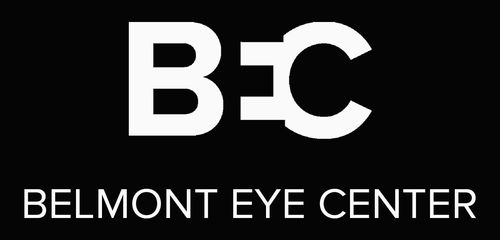Does the following scenario sound familiar? You were diagnosed with nearsightedness, farsightedness and / or astigmatism. You decided to pursue LASIK vision correction surgery and were excited about the prospect of not having to wear glasses or contact lenses every day to see clearly. Then, you visited an ophthalmologist for a consultation and were told that you are not a suitable candidate for LASIK due to your extremely thin corneas. You felt extremely disappointed by the news.
If you can relate to this disappointing scenario, don’t worry. You might be an appropriate candidate for an alternative to LASIK surgery that yields similar results: “photorefractive keratectomy,” or PRK.
PRK vs. LASIK
Both LASIK and PRK are performed to correct the refractive error (abnormal shape) of the cornea that is causing nearsightedness, farsightedness and / or astigmatism. Both involve using a laser to remove microscopic particles of corneal tissue to reshape the curvature of the cornea and thereby correct the refractive error.
The difference between the two vision correction procedures is the way that New York City laser eye surgeon Dr. Sandra Belmont gains access to the underlying corneal tissue that needs to be reshaped. With LASIK, Dr. Belmont creates a flap in the surface of the cornea, which is gently folded back to reveal the underlying corneal tissue.
In contrast, with PRK, Dr. Belmont uses the laser to ablate, or surgically remove, the outer layer of the cornea before reshaping the underlying corneal tissue.
Vision Correction Results of PRK
The recovery period following PRK is slightly longer than the recovery period following LASIK. With LASIK, it takes about two days to recover sufficiently to return to work. With PRK, it takes about five days to recover, as this is how long it takes for the body to regenerate new epithelial cells to cover the surface of the eye.
Nonetheless, the vision correction results of PRK are identical to those of LASIK: More than 99 percent of patients achieve 20/20 vision, and many are able to reduce their daily dependence on prescription eyewear dramatically or eliminate it completely.
To schedule an appointment with Dr. Belmont to learn more about your laser vision correction treatment options, contact Belmont Eye Center by calling (212) 486-2020.
